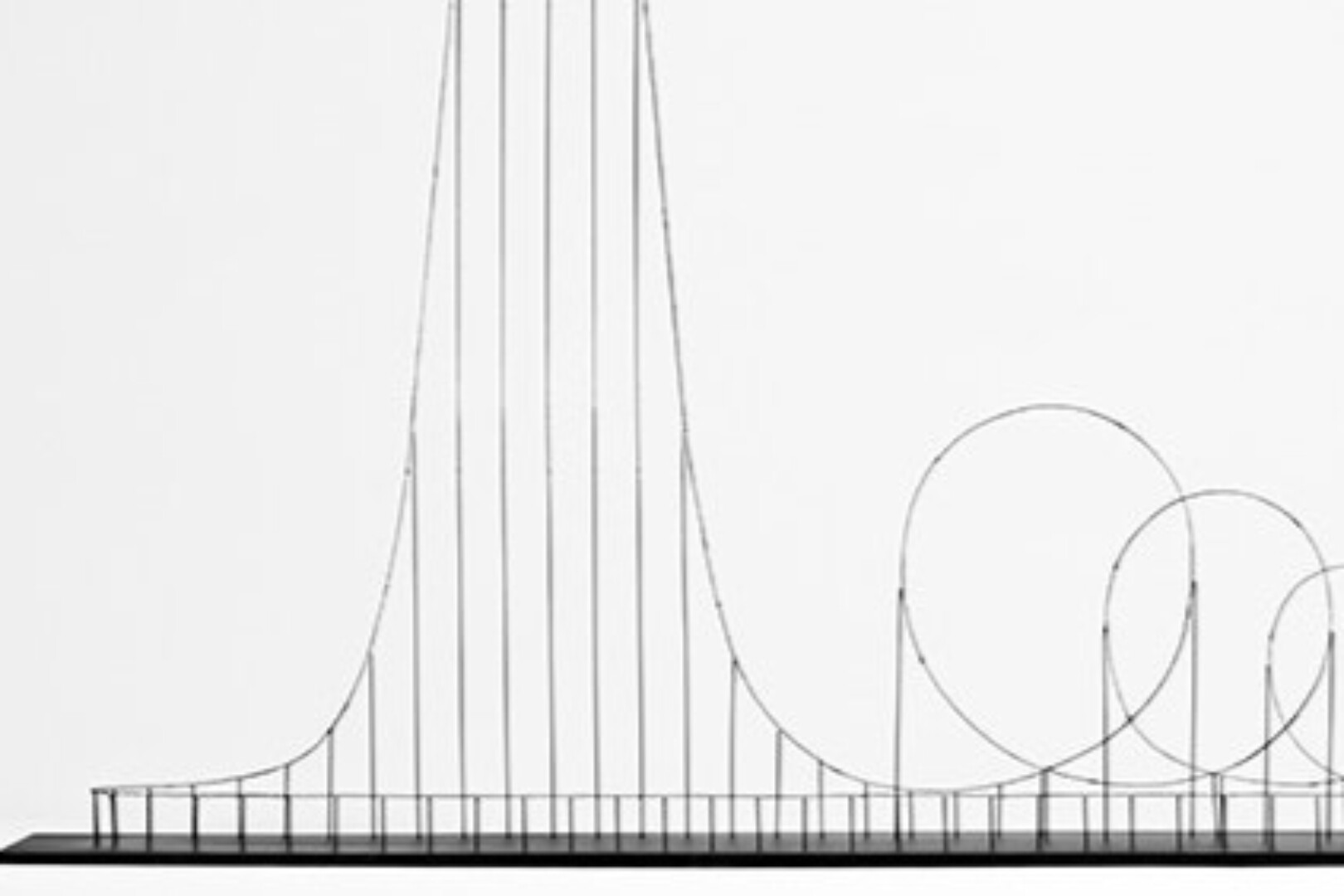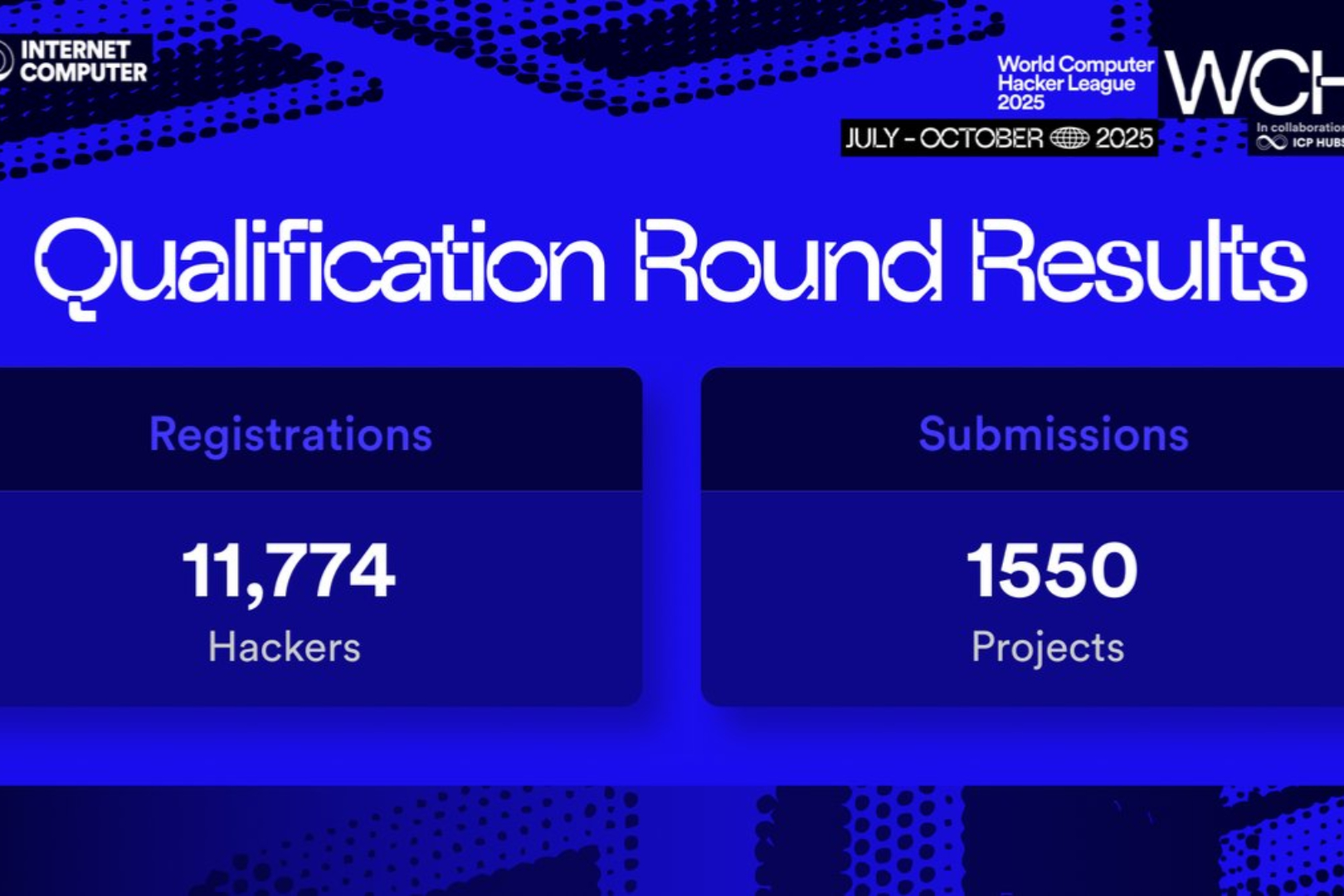Editor's note: Wyoming promulgated DAO-related laws, which is the first time in the world to recognize DAO as a legal entity. DAO, decentralized self-organization, does not seem to have the popularity of DeFi, NFT and other tracks in the blockchain world, but it currently undertakes the governance functions of many encryption protocols and has become an indispensable component. In the traditional world, it empowers companies and other organizational management structures; in the Internet world, it co-exists with web3.0. The recognition of traditional law marks its first step out of "non-mainstream". How did Wyoming organically combine DAO with traditional law? What is the scope of application? is the focus of this discussion.
The author of this article: Andrew Bull (Andrew Bull), the co-founder of the Bull blockchain.
For the first time, individuals and organizations in the blockchain industry can create a legal decentralized autonomous organization (DAO) in Wyoming on July 1.
Wyoming's DAO LLC law is one of its boldest attempts to bridge the gap between formal corporate structures and unincorporated groups governed by smart contract coding rules. Regulators around the world should consider passing laws in their jurisdictions to ensure legal protections for those developing and participating in DAOs.
Odaily note:
Odaily note:
Advance viewing availableOriginal Wyoming DAO Act;secondary title。
Standardized DAO organization
DAO is a decentralized self-organization, which relies on smart contracts to implement collective decision-making, thereby avoiding individual misjudgment or manipulation. Today, DAOs are often used in many scenarios, such as DeFi governance, fundraising, exchanges, and real estate loans, all of which power billions of dollars in transactions without intermediaries. As opposed to formal corporate entities, DAOs are inconsistent with the formation and governance framework of physical companies due to the lack of a centralized individual or group to run the entity.
For example, Elon Musk controls Tesla and has control over whether Tesla accepts bitcoin as payment for its cars. Imagine if all Tesla owners had this decision-making power and voted on whether Tesla would accept Bitcoin, representing a shift from authoritative to collective decision-making.
While industry insiders see this shift as the next direction for corporate governance, prior to the introduction of Wyoming's DAO law, DAO organization developers were still on the brink of the law, and their responsibilities for DAO implementation actions were unclear. Outside of Wyoming, that's still the case. According to the current law, most states in the United States regard the relationship between DAO members as the relationship between corporate partners in common law, which gives the members' personal assets to the DAO's litigation settlement and compensation liabilities.
secondary title
expansion needs
DAOs should no longer be viewed as an experiment, and other jurisdictions should recognize DAO structures as legal protections for developers, users, and stakeholders, thereby facilitating the expansion of blockchain technology. DAOs currently have multi-billion dollar assets and operate in many different industries, from fintech to real estate. To foster innovation and growth, regulators should take immediate steps to legalize DAO structures.
In 1977, Wyoming became the first state in the United States to recognize the LLC structure. Eleven years later, after the IRS ruled that LLCs would be treated as partnerships for tax purposes, states began passing regulations recognizing LLCs as the official business form.
The LLC is a Wyoming experiment created to meet the need for a flexible business entity that does not have the corporate formalities of a strict corporate form. It draws on two advantages of corporations and partnerships: limited liability of shareholders and informal decision-making procedures for partners.
While Wyoming's DAO law doesn't classify it as an entirely new structure, it has taken the first steps toward developing regulatory standards and practices for DAO-based companies to operate. This will open the door for further DAO organization legislation.
For example, we expect Wyoming to pass legislation in the future to legally recognize DAO structures within corporations, foundations, trusts, and other corporate entity structures. This is just the beginning of what we can learn about DAO laws, which will be further refined as cooperation between foreign jurisdictions advances.
secondary title
DeFi Compatibility
As DeFi massively expands, the DAO approach could be revolutionary in addressing the growing disconnect between regulators and decentralized protocols. Even the largest DeFi protocols have little formal legal structure, exposing protocol developers to the onus of taking more risk.
Of course, DeFi protocols intentionally lack a formalized entity, but this is often a by-product of protocol developers supporting technological innovation and hoping they stay under the regulatory radar. Unfortunately, this stifles innovation, as the attendant risks prevent financial entities from rolling out similar protocol structures.
A formal DAO structure can provide legal security for entities seeking to innovate in the DeFi industry. Currently, regulators are targeting DeFi protocols due to developers’ inability to prevent money laundering concerns arising from the use of anonymous protocols in foreign jurisdictions. While this is just a matter of legitimacy in the face of regulation, most are currently viewed as negative.
secondary title
room for improvement
There are still some unknowns in this law, and other regions should further refine it in subsequent legislation. It is unclear whether the DAO law recognized by Wyoming will still apply in the case in US federal court.
Also, if the DAO had a threshold membership, would the Section 12 requirement of the Exchange Act of 1934 be a factor? Unless an exemption applies, an issuer that is not a bank, bank holding company, or savings and loan holding company must register a class of equity securities under the Act if: its total assets exceed $10 million, and the securities are owned by 2,000 accredited investors or 500 non-accredited investors hold.
Summarize
Summarize
These unknowns cannot be clarified by Wyoming regulators alone. Other jurisdictions, both domestic and foreign, need to follow suit and establish sound legal systems and best practice standards for DAOs. Most importantly, the US Congress and the EU should seek guidance from Wyoming's DAO law on this issue.
Over time, many other legal issues may arise as DAO organizations form and experience challenges at various stages in their corporate lifecycle. While legal precedent involving LLCs and their members will be instructive in addressing issues related to DAO governance, taxation, and disputes, case law addressing issues specific to DAOs will further develop. Wyoming's DAO law paves the way for a comprehensive regulatory framework and widespread acceptance for DAO organizations.





